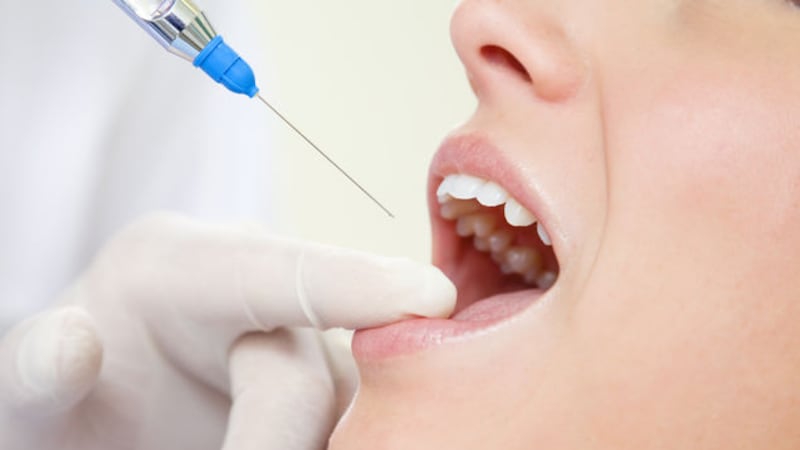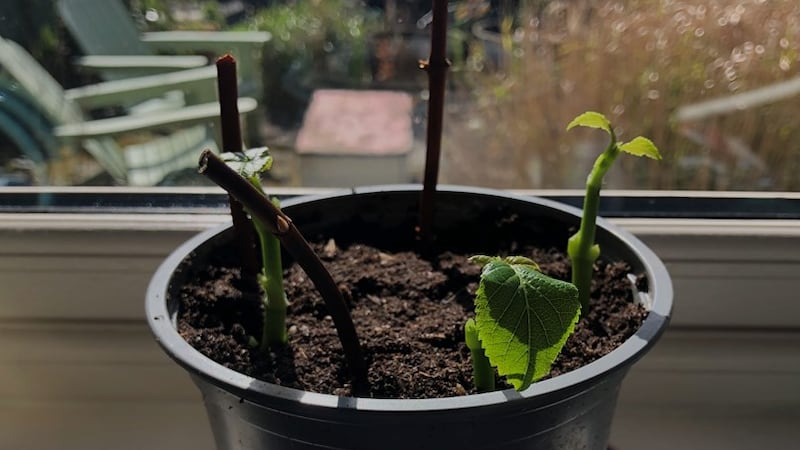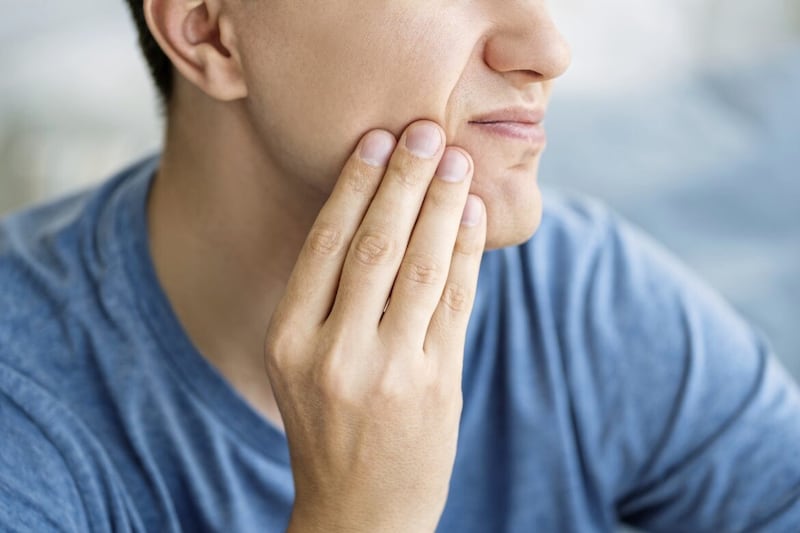IF YOUR heart has started pounding after an injection at the dentist then you will know how unpleasant an experience this can be. This is part of the 'adrenaline reaction' and, along with a racing heart, you might also feel apprehensive and start sweating.
It isn’t dangerous but can be very disconcerting – especially when you weren't expecting it. So what's really happening? Well it’s to do with the adrenaline that’s added in with the local anaesthetic. It’s included because it temporarily narrows your blood vessels, which keeps the anaesthetic in the area for longer. That way, it gives your dentist more time to work on your tooth without you feeling it.
Dental anxiety can also bring on a racing heart and sweats, with the additional symptoms of uncontrollably shaking, rapid breathing, dizziness, and tingling in the toes, lips and fingers. So it can be hard to separate the cause, often its a combination of both.
It’s important to remember that the adrenaline reaction feeling generally subsides after a few minutes and its not dangerous to you. Adrenaline is a natural substance in our bodies and it is released when we need to move fast. This is called the 'fight or flight reaction', so when we are in a perilous situation our bodies release it so that we are able to move quickly out of harms way.
It doesn't happen because the dentist has given a 'bad injection' – it is a normal occurrence that is practically impossible to prevent. It is best to bear in mind that your heart is designed to speed up and slow down in different situations. So, just like going to the gym, the heart will regulate itself back down to your normal resting heart rate.
People with heart conditions may be more concerned. The American Heart Association recommends that any patients with heart disease receive a maximum of about two cartridges of dental anaesthetic. For comparison’s sake, a normal person without heart disease can receive up to 11 cartridges of anaesthetic.
Furthermore it’s understandable that patients who have had this reaction can be under the belief that they can only tolerate adrenaline-free anaesthetic. This anaesthetic (plain local) simply does not numb the teeth predictably and can lead to a patient feeling the treatment.
So, like all things, it’s a balance and it’s best to discuss any injection concerns with your dentist.








